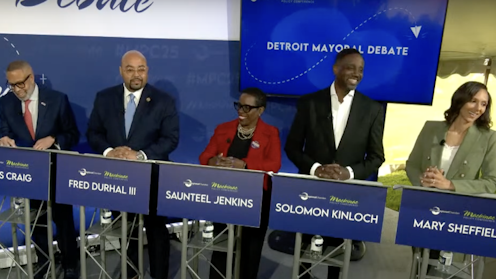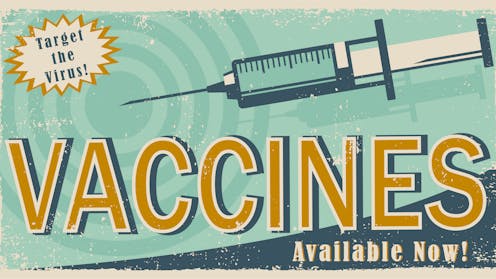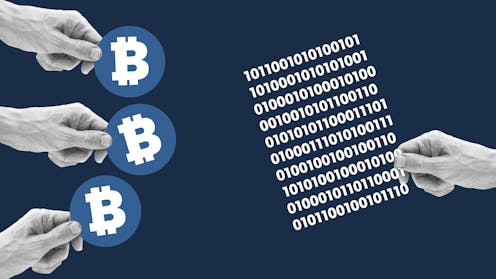How Trump’s ‘gold standard’ politicizes federal science
- Written by H. Christopher Frey, Glenn E. Futrell Distinguished University Professor of Environmental Engineering, North Carolina State University
 President Donald Trump holds up an executive order promoting coal production, with Environmental Protection Agency Administrator Lee Zeldin, left, and the secretaries of Interior and Energy behind him.AP Photo/Evan Vucci
President Donald Trump holds up an executive order promoting coal production, with Environmental Protection Agency Administrator Lee Zeldin, left, and the secretaries of Interior and Energy behind him.AP Photo/Evan VucciThe first time Donald Trump was president, the head of the U.S. Environmental Protection Agency developed a regulation known as...
Read more: How Trump’s ‘gold standard’ politicizes federal science










